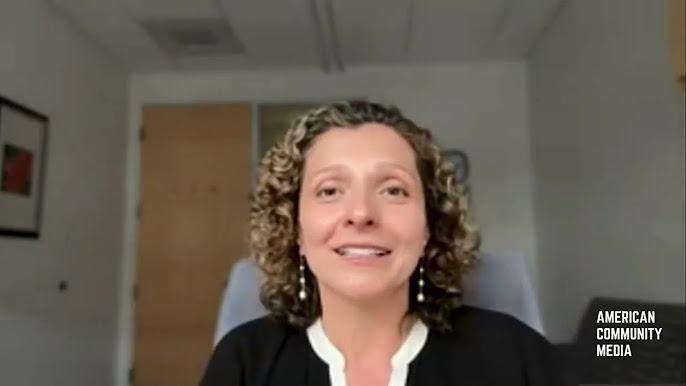Vidya Sethuraman
India Post News Service
The declining mental health of children and young adults is the ʻcrisis of our time,’ says former US Surgeon General Vivek Murthy. More than 22% of Gen Z young adults reported having a major depressive episode in 2023, according to data from the National Institute of Mental Health.
4 out of 10 children report persistent feelings of sadness. Depression rates are highest among Latino youth, while young Black men have the highest rates of suicide. In 2022, suicide was the leading cause of death for Asian Americans ages 15-24. Speakers at the weekly briefing discussed the many drivers of poor mental health in children and young adults, including poverty, racism, rejection, and the many uncertainties of contemporary American life.
Dr. Kiara Álvarez, Bloomberg Assistant Professor of American Health, Department of Health, Behavior and Society, Johns Hopkins Bloomberg School of Public Health, and Joint appointment, stated that since the 2010s, anxiety, depression, attention deficit disorder, and behavioral disorders have all increased significantly among American adolescents. She noted that the social comparison, cyberbullying, and fear of missing out (FOMO) brought on by digital life, coupled with intense competition for admission to school and extracurricular activities, have left many adolescents feeling overwhelmed.
The social isolation, school closures, and financial pressures caused by the COVID-19 pandemic have further inflicted psychological trauma, with a particularly significant increase in hospitalizations among adolescent women.
Dr. Ovsanna Leyfer, a clinical psychologist at Boston University, stated that cognitive behavioral therapy (CBT) is widely considered the gold standard for treating anxiety and depression. CBT achieves its effectiveness by guiding adolescents to identify and challenge negative thoughts, re-establish fulfilling activities, and gradually confront anxiety-provoking situations.
Studies have shown that approximately 60% to 80% of people with anxiety disorders experience significant improvement after receiving CBT, and the relapse rate is much lower than with medication. Leyfer noted, “CBT is not a long-term treatment program. It typically involves approximately 16 sessions and can be completed in a clinic, on campus, or online.
Soo Jin Lee, who comes from a Korean immigrant family and is now the director of the Yellow Chair Collective, said Asian American youth often feel a sense of loneliness, being seen but not understood.
“Our culture teaches us not to cause trouble for others, but this internalized guilt can cause young people to suppress their emotions and make it difficult for them to seek help,” she said. Furthermore, since only 3% of counselors in the United States are of Asian descent, many Asian youth face cultural misunderstandings and even secondary victimization when seeking medical treatment.
Victoria Birch, a youth representative, spoke candidly about her struggles with depression and anxiety since childhood. Her mother, who raised four children alone, was unable to manage her situation and was placed in foster care.
She subsequently strayed into incarceration from the ages of 16 to 22 due to poor friendships. After her release, she successfully rebuilt her relationship with her mother and emerged from the depths of her psychological trauma with the support of the nonprofit organization Beloved Village. She urged society to address youth issues not only through institutionalized channels but also through providing genuine human connection and understanding.
Also Read: 7 in 10 Gen Z Indians depressed after job rejections in pandemic







